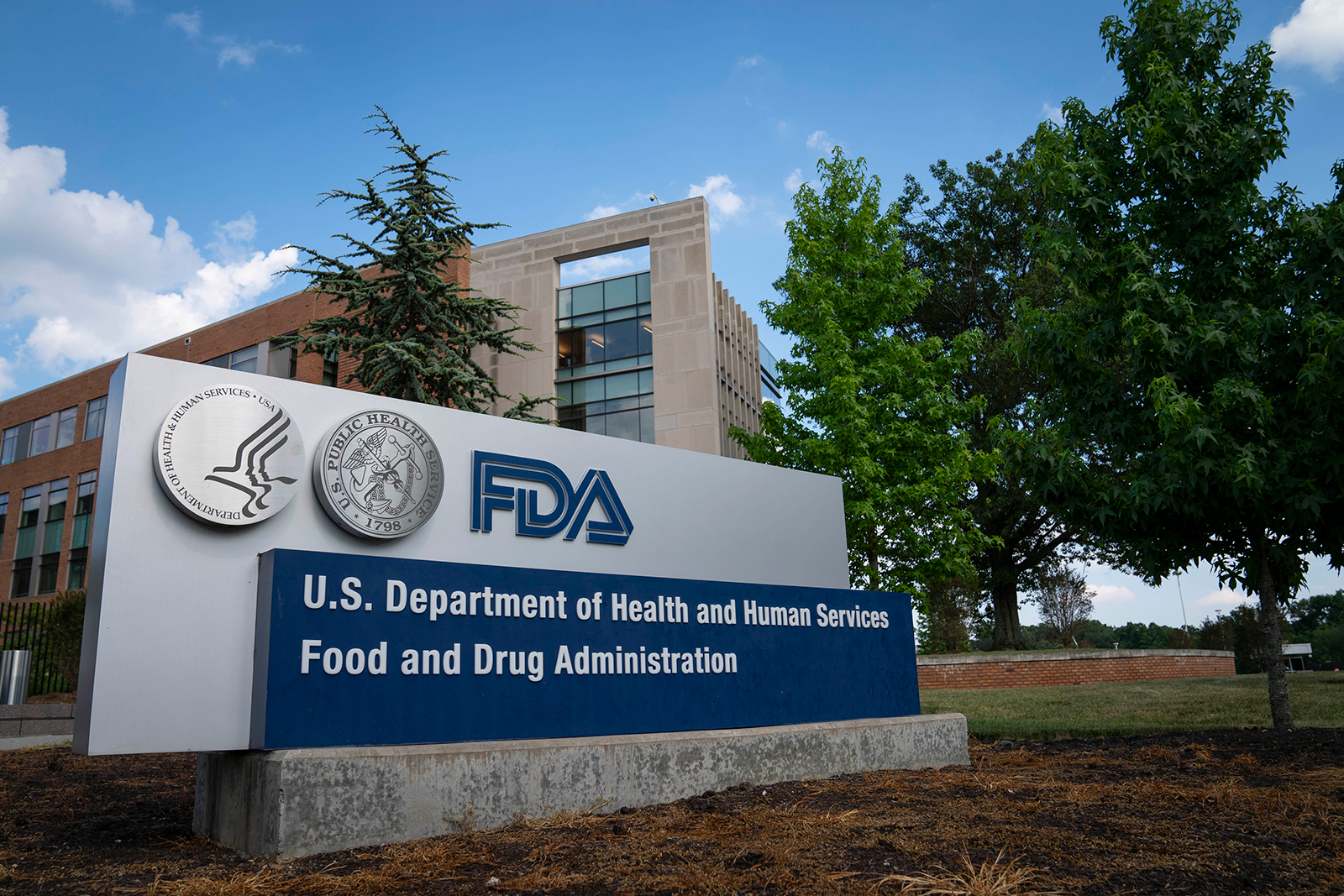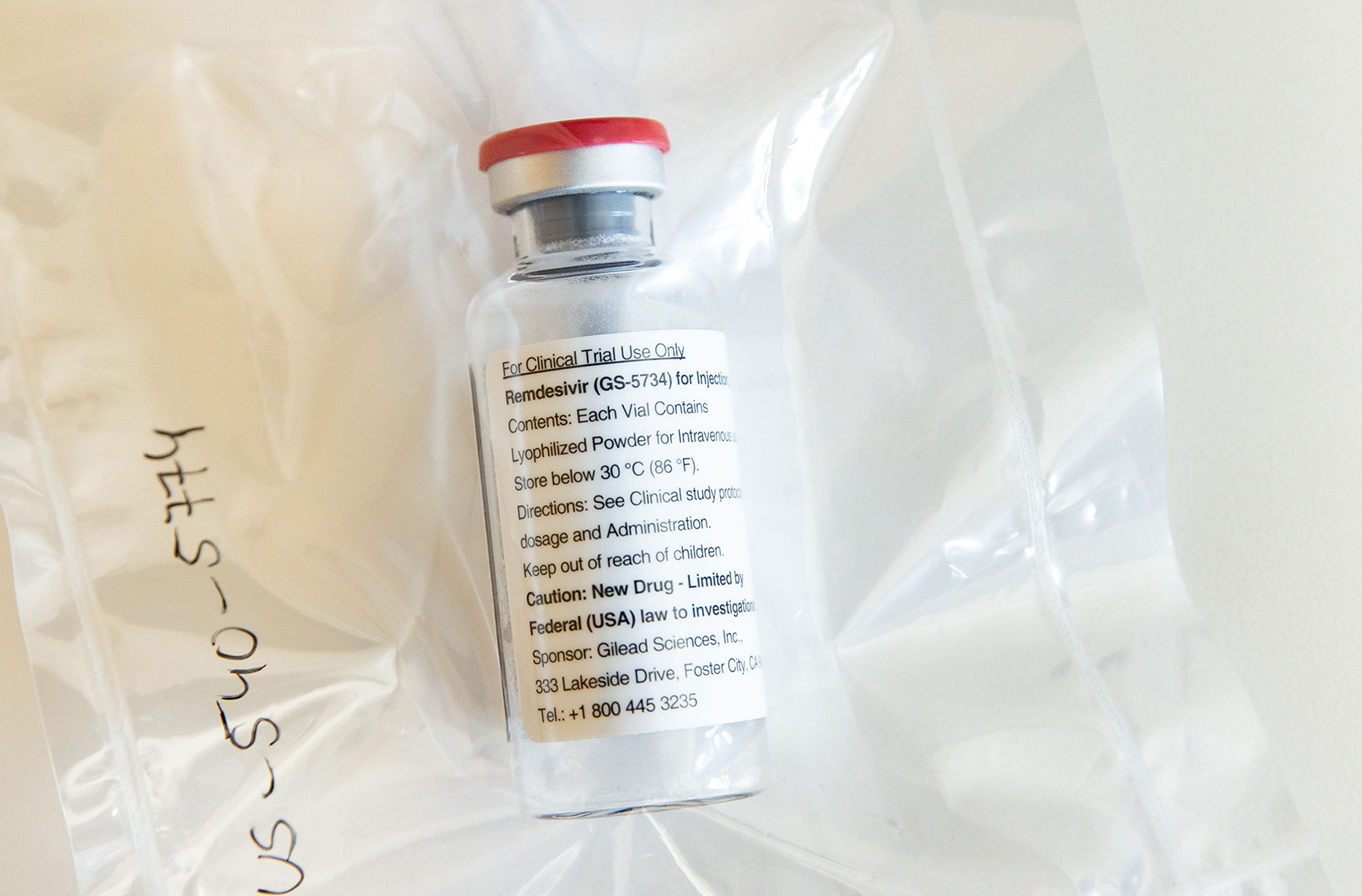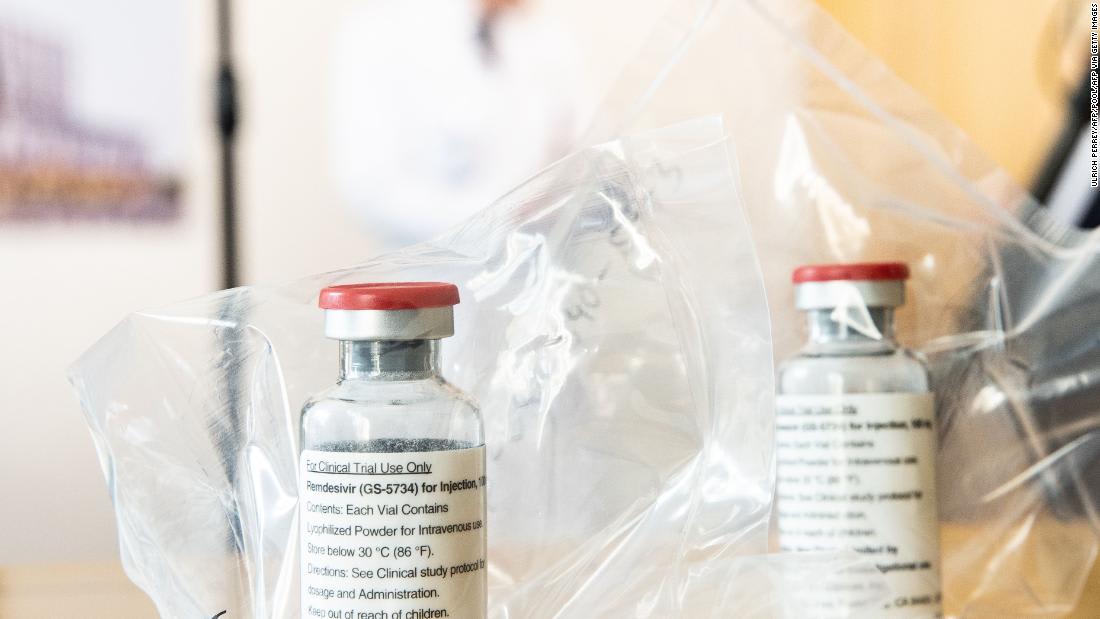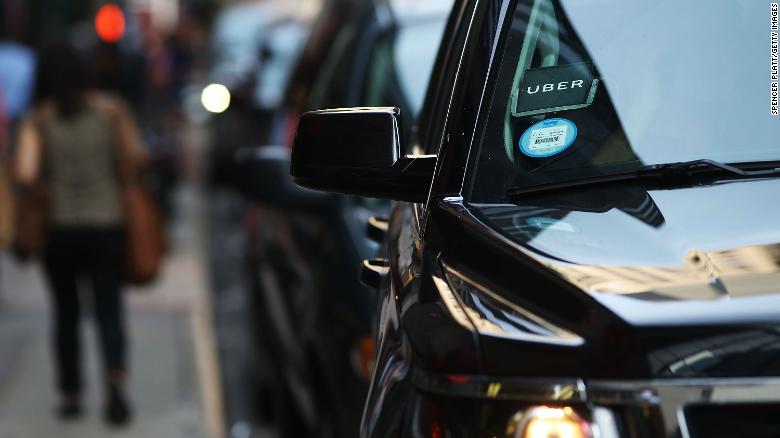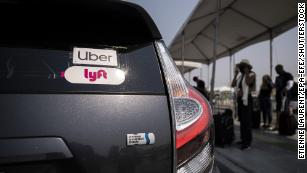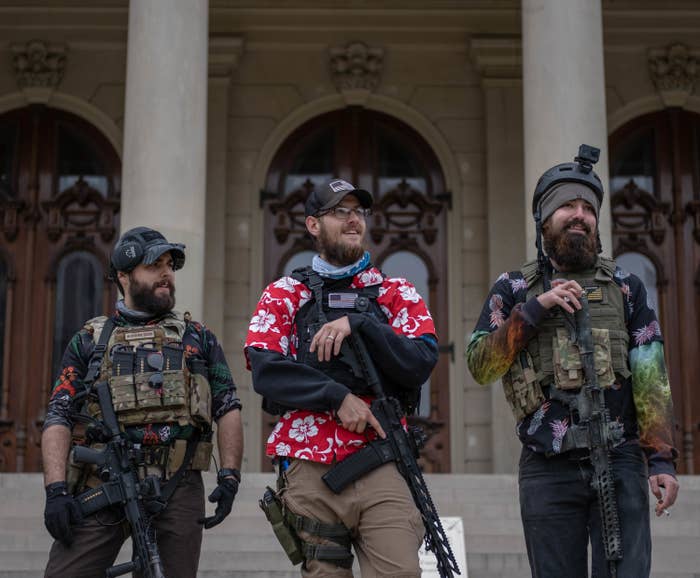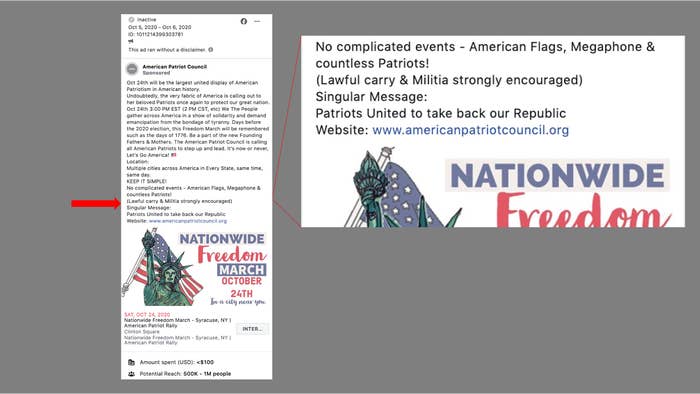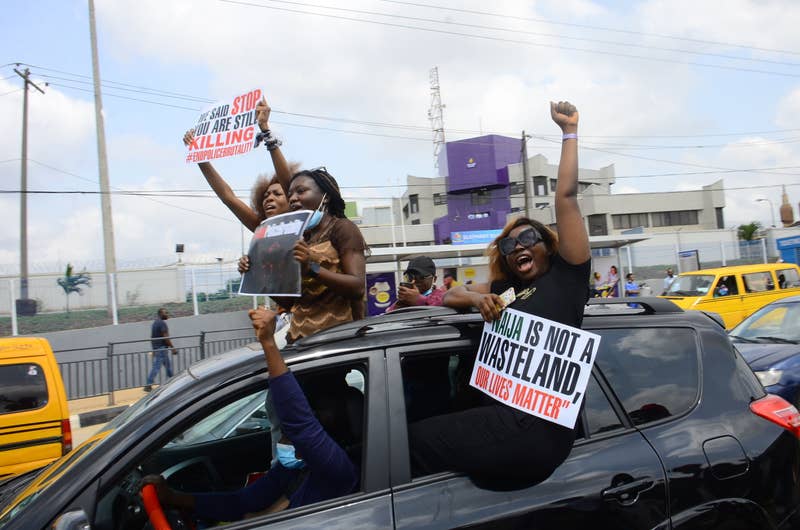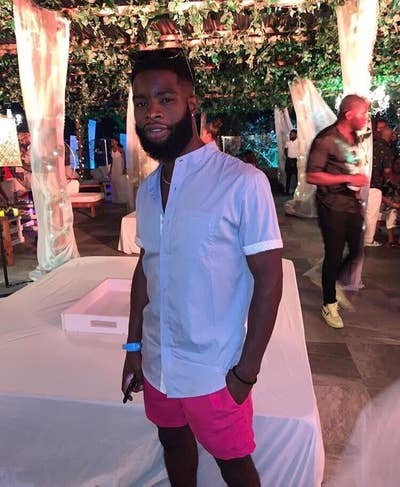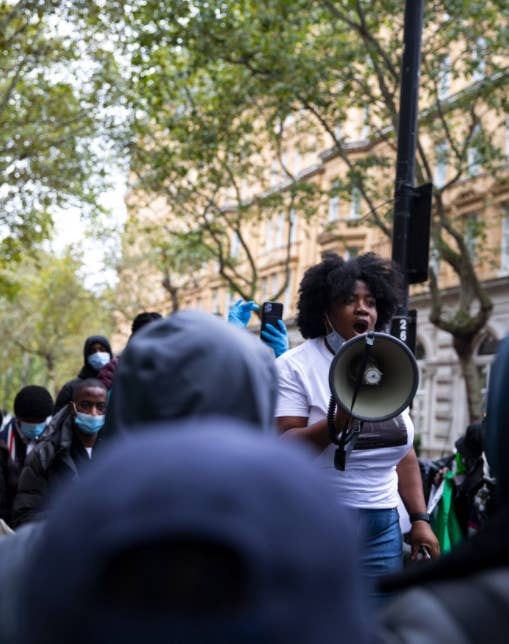'PEOPLE LIKE THEIR PRIVATE MEDICAL INSURANCE'
Here’s How Private Equity Firms Targeted Republican Sen. John Cornyn With Dark Money To Preserve Surprise Medical Billing
Private equity waged a yearlong dark money campaign so they could continue to profit off of emergency room patients getting hit with exorbitant medical bills. It worked.
Paul McLeod BuzzFeed News Reporter
Reporting From
Washington, DC
Posted on October 19, 2020
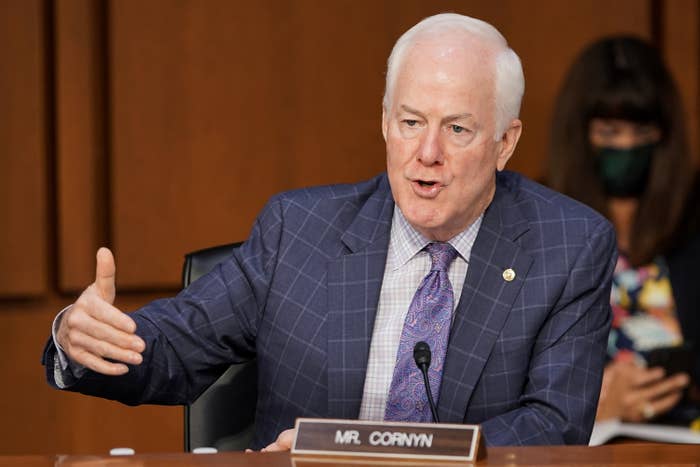
Pool / Getty Images
Sen. John Cornyn
WASHINGTON — Last June, Texas Sen. John Cornyn was one of many senators to tout a bipartisan bill to end surprise medical billing — patients unwittingly being hit with hefty out-of-network bills — once and for all. Then the money came.
Private equity companies launched a yearlong, nation-wide dark money campaign worth tens of millions of dollars to kill the bill, and Cornyn was in their crosshairs. The companies spent millions of dollars on ads in Texas pressuring Cornyn, while executives personally donated tens of thousands of dollars to Cornyn’s reelection campaign.
Cornyn ended up supporting a rival bill backed by private equity, and Congress, divided between the plans, did not pass anything to protect vulnerable patients from being hit with massive bills for emergency room visits. It’s a saga that played out in several key swing states where Republicans, like Cornyn, are facing tough reelection fights, and it shows how powerful industry groups can lean on Congress to block fixes to deeply unpopular — and harmful — problems, not through shady backroom deals but expensive ad campaigns that play out in public.
Back in early 2019, it seemed obvious that surprise billing would not be long for this world. Politicians unanimously agreed it was a brazenly unfair practice that exploited vulnerable patients, and needed to be banned. Surprise bills come from a gap in the system: Patients go to a hospital inside their health insurance network, only to be later hit by a hefty bill because the hospital employees who treated them turn out to be out-of-network. These out-of-network specialists can charge whatever they want.
Emergency room patients have no way to know these surprise bills are coming — after all, they are going to hospitals ostensibly covered by their insurance plan — and no recourse to stop them. Yet they had become endemic, with one 2019 study finding that 4 out of every 10 emergency room visits resulted in a surprise bill. A 60-year-old woman with COVID-19 who needed to be airlifted to a hospital for treatment was charged $52,000 for the flight, the New York Times recently reported.
The Senate Committee on Health, Education, Labor, and Pensions, known as HELP, drafted a bipartisan bill to end surprise billing by hamstringing both doctors and insurance companies; it would put limits on how much out-of-network medical staff could charge and require insurers to cover the costs. In June 2019, the bill passed through committee by a vote of 20–3 (Cornyn is not on the committee).

Then, in late July, a mysterious new group called Doctor Patient Unity was incorporated. Within just a few weeks, it spent $2.3 million on ads attacking the HELP bill. These ads targeted swing states where vulnerable Republicans were up for reelection. In Texas, the ads mentioned Cornyn by name, urging constituents to call him and ask him to oppose “government rate setting.”
For a while, no one knew who was paying for these ads. As the name suggests, Doctor Patient Unity claimed to represent doctors and patients. It would later be revealed that the PAC was run by the private equity giants that profit off of surprise medical billing, Blackstone Group and KKR & Co. In recent years both had bought up physician staffing firms, which hire out ER doctors, radiologists, and anesthesiologists to hospitals. These specialists are most likely to issue surprise medical bills.
For Blackstone and KKR, a lot was on the line. Both had bought up staffing firms with massive leveraged buyouts: KKR took out a $4.5 billion loan to acquire Envision Healthcare in 2018, while Blackstone borrowed $2.7 billion to buy TeamHealth in 2017. The sales were followed by a sharp rise in surprise billing. Last summer, Wall Street grew concerned that Congressional action could lower doctor fees, thus threatening the repayment of these loans. The value of Envision’s debt fell to 77 cents on the dollar, while ratings agencies Fitch and Moody’s lowered their outlooks for Envision and TeamHealth.
Doctor Patient Unity quickly became an advertising powerhouse. Through the second half of 2019, it spent a whopping $54 million on ads attacking legislation to end surprise billing, according to Bloomberg News. FEC data shows the ads ran in states with tight Senate races like North Carolina, Georgia, Arizona, and Texas, where Cornyn is facing off against Democratic challenger MJ Hegar. Doctor Patient Unity didn’t respond to a request for comment.
In early September, KKR threw Cornyn a fundraiser in New York City. Cornyn reported $89,000 in personal donations from executives at KKR, Envision Healthcare, and Global Medical Response, an air ambulance company also owned by KKR. Air ambulances can result in surprise bills of thousands or tens of thousands of dollars. Private equity–owned companies charge almost twice as much for air ambulances than others.
A spokesperson for Cornyn said that KKR has long been a supporter of the senator and the fundraiser was not linked to the issue of surprise medical billing.
As momentum in Congress shifted away from the HELP bill over the fall — and towards proposals favored by ER doctors — the ad campaigns shifted as well. In October, Doctor Patient Unity was again running ads in Texas, but these no longer mentioned Cornyn by name. Instead, they attacked “big insurance companies” for pushing a government rate-setting scheme that “could mean fewer hospitals, fewer physicians, and fewer healthcare options for us all.”
When Cornyn next spoke about the HELP bill he committed to debating it and offering amendments — but not to voting for it. In a speech on the Senate floor in November, he blamed Democrats for endangering the chances of passing any health reform because they were obsessed with impeaching President Donald Trump.
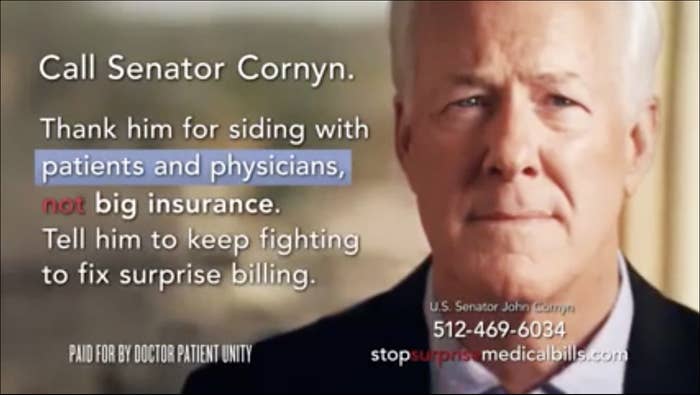
Doctor Patient Unity
By December, Doctor Patient Unity’s ads had flipped from pressuring Cornyn to praising him. The ads encouraged voters to call Cornyn’s office and thank him for standing up to the HELP bill. “The good news is Senator John Cornyn opposes rate setting. He understands it’s a bad idea to put bureaucrats and big insurance companies in charge of our healthcare,” says one ad. “So call Senator Cornyn and thank him for siding with patients and physicians, not big insurers.”
A Cornyn spokesperson said that he worked with the HELP Committee to try to improve their bill, but grew concerned that insurers would drop hospitals from their networks altogether if they were no longer forced to negotiate prices. This became a big issue in Texas when insurance company Cigna dropped the Houston-based Memorial Hermann hospital system from its network earlier this year. The spokesperson said Cornyn never came out against the health committee bill, but viewed a competing plan from Louisiana Sen. Bill Cassidy as a better option.
Cornyn would eventually sign on to Cassidy’s bill, which is friendlier to doctors. (Cassidy is also up for reelection, though he is seen as a heavy favorite. Doctor Patient Unity also ran ads in Louisiana, and executives from KKR, Envision, and Global Medical Response personally donated at least $50,000 to Cassidy’s reelection campaign.) Under Cassidy’s plan, insurers would still have to cover emergency room bills, but out-of-network doctors would not face specific benchmark limits on how much they could charge. They would instead be able to take insurers to arbitration to negotiate rates for their services. It may seem like a minor change, but the difference between the two plans was worth billions of dollars. Power players in Congress split, with different factions supporting different bills.
Congress was supposed to pass the HELP bill last December, but politicians couldn’t get on the same page. The House Ways and Means Committee unveiled its own competing plan at the last minute, and with no consensus on which piece of legislation to back, a deal to end surprise billing collapsed.

Jim Watson / Getty Images
President Donald Trump called on lawmakers to pass legislation protecting Americans from surprise medical bills on May 9, 2019. It never happened.
But the threat to private equity wasn’t over. In March 2020, as the coronavirus pandemic swept the country, there was a push to include the HELP bill as part of the CARES Act, Congress’s $3 trillion coronavirus aid package. Doctor Patient Unity again swung into action.
Between March and April, they ran ads in Washington, DC, as well as in several states where Republican senators were in the midst of reelection races — a $200,000 ad buy in Texas, $360,000 in Louisiana, $510,000 in Georgia, $80,000 in Arizona, and $30,000 in North Carolina. With the exception of Louisiana, all of those races are tight.
It was not a strict Republican-Democrat divide. In the Senate, Republicans are trying to hold on to their majority. But Doctor Patient Unity also ran ads targeting — and thanking — Democrats in the House, which their party controls. In particular, Rep. Richie Neal, Democratic chairman of the House Ways and Means committee, played a key role in collapsing a deal to end surprise billing last December.
Cornyn had suspended his campaign activities due to the COVID-19 pandemic. But even as his campaign pulled spending, Doctor Patient Unity ran ads in Texas thanking him for “siding with patients and physicians, not big insurance.”
Similar scenarios were playing out in other states. Sen. Martha McSally, fighting to hold on to her Senate seat in Arizona, signed on to Cassidy’s bill in February. Sen. Thom Tillis, locked in a razor-thin race in North Carolina, signed on in March. Sens. Joni Ernst in Iowa and David Perdue in Georgia also signed on. (Sen. Susan Collins of Maine is the one notable exception as a vulnerable Republican incumbent who did stick by the HELP bill.)
Surprise billing was part of the CARES Act in the final drafting stages. But party leaders were hoping to pass the bill quickly and, if possible, unanimously. Several members came forward with concerns about the surprise billing provisions, according to congressional staff with knowledge of the negotiations.
The HELP legislation was deemed too controversial to include and it was taken out at the 11th hour. “It came very close,” said one Republican aide.
People continue to be hit by surprise bills across the country every day. And it’s not clear whether another COVID-19 aid package will pass before the election — even if one does, no one is talking about including surprise billing in the package. But in a sign of how dominantly private equity has won the debate, after spending tens of millions of dollars over the past year, Doctor Patient Unity has gone quiet and is no longer buying any ads.
MORE ON THIS
The Forces Fighting Congress’s Bill To End Surprise Billing Are Acting Like They’ve Already Won. They Likely Have. Paul McLeod · July 10, 2020
Paul McLeod · Dec. 19, 2019
Paul McLeod · Sept. 5, 2019

Paul McLeod is a politics reporter for BuzzFeed News and is based in Washington, DC.
